Former CEOs, Superintendents
Page Navigation
- Cleveland Metropolitan School District
- Superintendents 1894-1961
-
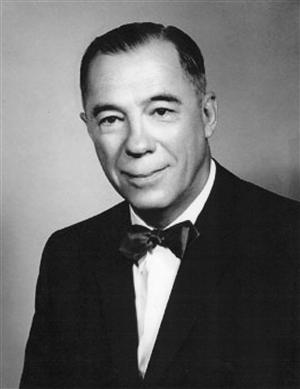
Dr. Mark C. Schinnerer, Superintendent 1947-1961
He said “the need is for a system of junior colleges and technical institutions providing training for industry advanced well beyond high school level.
-
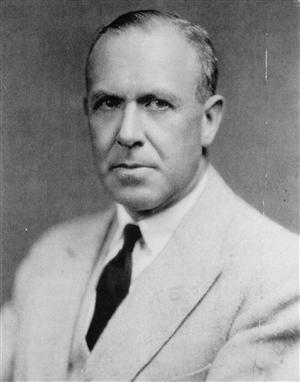
Charles H. Lake, Superintendent 1933-1947
During his tenure as superintendent, the schools initiated a radio station, school safety programs, and classes for the disabled.
-
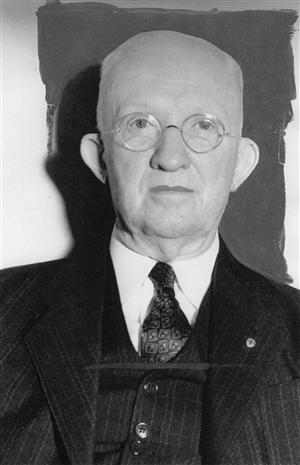
Robinson G. Jones, Superintendent 1920-1935
During his tenure as superintendent (1920-1935), he organized 15 junior high schools and supported music education and services for crippled and mentally deficient students.
-
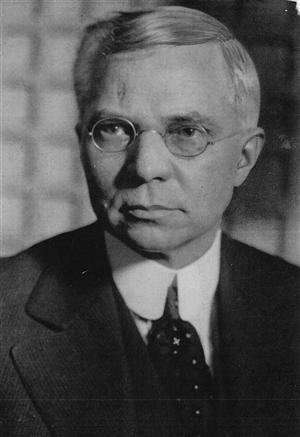
Dr. Frank Ellsworth Spaulding, Superintendent 1917-1920
Dr. Spaulding instituted junior high and vocational programs and a department of mental testing and double – shift plan to relieve overcrowding and differentiation among students.
-
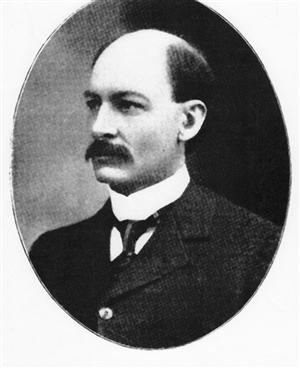
James Mack Fredrick, Superintendent 1912-1917
During his tenure, he helped organize junior high schools in the Detroit School Building, the Empire School Building and the Observation School Building.
-
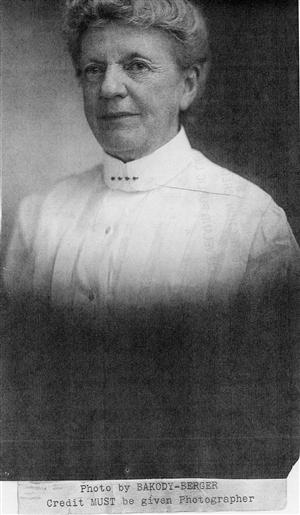
Harriet Louise Keeler, Superintendent 1/1912-8/1912
Keeler was the first woman superintendent in the Cleveland Public Schools. Though she was a superintendent for a short period, she made a big contribution to our schools as a teacher and principal of the Central High School.
-
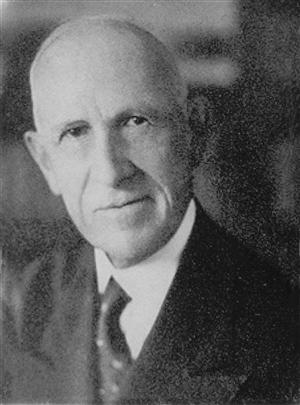
William Harris Elson, Superintendent 1906-1911
During his 4 years, he instituted one of the first technical high schools in the country (East Technical High in 1908).
-
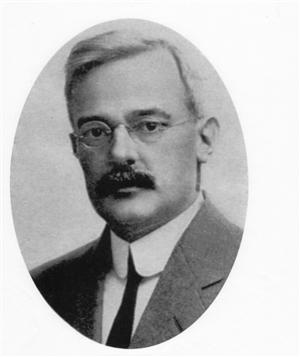
Dr. Stratton D. Brooks, Superintendent 1/1906-3/1906
One of his famous quotes was: “A man must not only do something worth doing, but must be something worth being.”
-
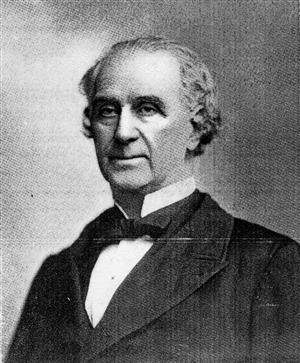
Edwin F. Moulton, Superintendent 1902-1905
He was considered “one of African Americans’, best friends”, because his landlord – tenant policies concerning the African American community.
-
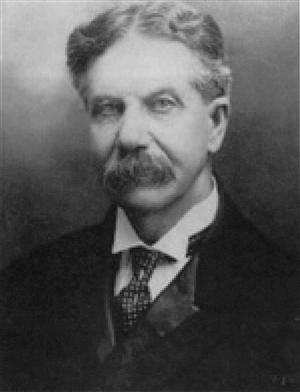
Lewis Henry Jones, Superintendent 1894-1902
During the eighteen years as superintendent, he tried to gather helpful ideas into a theory or ideal of education that was reasonable, sane, hopeful, possible and inspiring.

